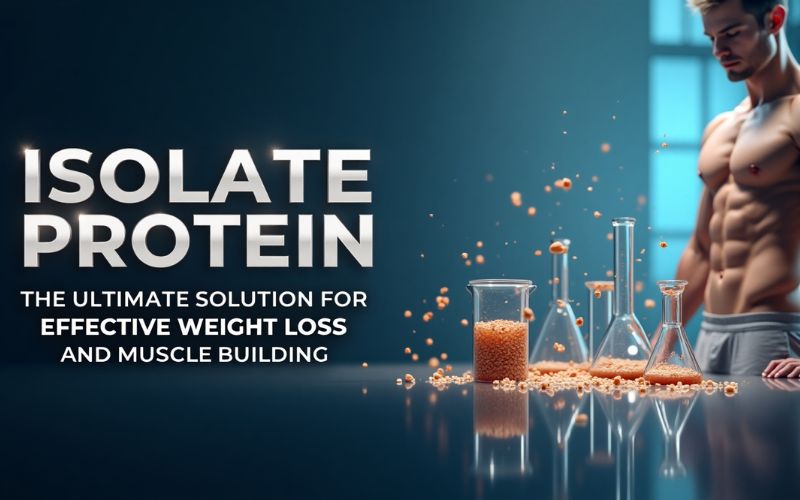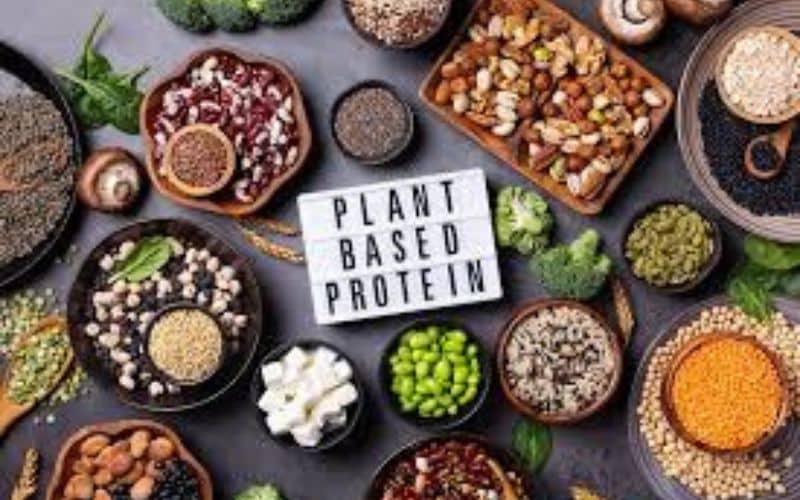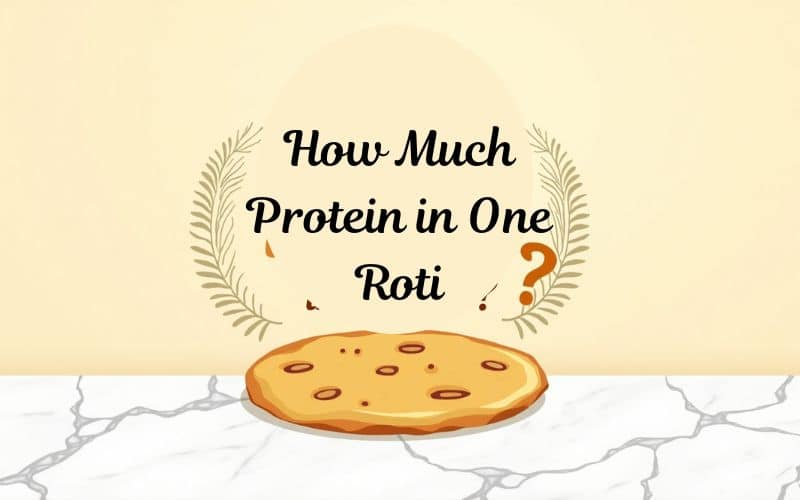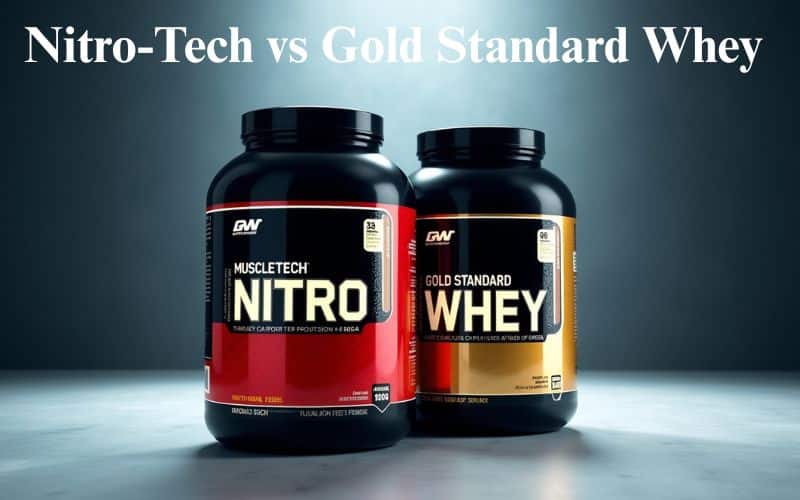Isolate Protein for weight loss when it comes to achieving fitness goals like weight loss and muscle building, the right nutrition plays a pivotal role. Among the numerous supplements available, isolate protein stands out as a powerful tool to support these objectives. Known for its low-carb and high isolate protein content, isolate protein provides a nutritional edge that can help you shed fat while preserving and building lean muscle mass. Let’s explore why isolate protein is the ultimate choice for fitness enthusiasts.
Why Isolate Protein Excels for Weight Loss and Muscle Building
The Low-Carb Advantage of Isolate Protein
Isolate protein is renowned for its exceptionally low carbohydrate content. Unlike many other protein powders, it undergoes an advanced filtration process to remove excess fats, lactose, and carbs, leaving behind a highly concentrated protein source. For individuals aiming to lose weight, this low-carb composition is invaluable.
By consuming isolate protein, you can maintain a calorie deficit while meeting your protein needs. Low-carb diets are known to promote fat loss by stabilizing blood sugar levels and encouraging the body to use stored fat for energy. Isolate protein supports this process by providing a lean source of nutrition that doesn’t add unnecessary calories or carbs to your diet.
High-Protein Content for Muscle Building
Protein is essential for muscle repair and growth, and isolate protein offers one of the highest protein contents per serving. With a purity level of 90% or more, it delivers an abundance of amino acids, including branched-chain amino acids (BCAAs), which are crucial for muscle recovery and development.
For those engaged in resistance training or high-intensity workouts, isolate protein helps repair muscle tissue damaged during exercise and promotes the synthesis of new muscle fibers. This dual benefit of fat loss and muscle gain makes isolate protein an ideal choice for anyone striving for a lean and toned physique.
The Role of Isolate Protein in Metabolism and Satiety
One of the standout benefits of isolate protein is its ability to boost metabolism and suppress appetite. The thermic effect of protein—the energy required to digest and metabolize it—is significantly higher than that of fats and carbohydrates. Consuming isolate protein can help increase your calorie burn throughout the day, even at rest.
Additionally, protein is highly satiating, meaning it keeps you feeling full for longer periods. By reducing hunger and curbing cravings, isolate protein can help you stick to your dietary goals, making it easier to maintain a calorie deficit for weight loss.
How to Incorporate Isolate Protein into Your Routine
Best Times to Consume Isolate Protein
To maximize the benefits of isolate protein, timing is key. Here are some ideal times to include it in your diet:
- Post-Workout: After exercise, your muscles are primed to absorb nutrients. A post-workout shake made with isolate protein can speed up recovery and kickstart muscle repair.
- Breakfast: Starting your day with isolate protein can provide a satisfying, low-carb meal that helps control hunger throughout the morning.
- Meal Replacement: If you’re on the go, an isolate protein shake can serve as a convenient and nutritious substitute for a meal.
Simple and Delicious Ways to Use Isolate Protein
Incorporating isolate protein into your diet doesn’t have to be boring. Here are a few easy and tasty ideas:
- Protein Smoothies: Blend isolate protein with almond milk, spinach, and frozen berries for a nutrient-packed smoothie.
- Protein Pancakes: Mix isolate protein with egg whites and oats to create low-carb, high-protein pancakes.
- Energy Bites: Combine isolate protein with nut butter, oats, and a touch of honey for quick and healthy snacks.
Choosing the Right Isolate Protein Supplement
When selecting an isolate protein powder, consider factors like quality, flavor, and additional ingredients. Look for products that are third-party tested to ensure purity and avoid those with added sugars or fillers. If you’re lactose intolerant, opt for an isolate protein that is certified lactose-free to prevent digestive discomfort.
Conclusion
Isolate protein’s low-carb, high-protein profile makes it a standout choice for weight loss and muscle building. By supporting fat loss, preserving lean muscle mass, and enhancing recovery, it helps you achieve your fitness goals more efficiently. Syner nutrition whether you’re looking to shed excess weight, build muscle, or both, incorporating isolate protein into your routine can provide the nutritional boost you need. Start your journey today and experience the transformative benefits of isolate protein firsthand.
Frequently Asked Questions (FAQs)
What is isolate protein, and how is it different from other protein types?
Isolate protein is a highly refined form of whey protein with a purity level of 90% or more. It undergoes a filtration process to remove excess fats, lactose, and carbohydrates, making it leaner and more concentrated than whey concentrate or casein.
Can isolate protein help with weight loss?
Yes, isolate protein is an excellent aid for weight loss due to its low-carb content and high protein levels. It supports fat loss by increasing satiety, curbing cravings, and boosting metabolism, which helps maintain a calorie deficit.
Is isolate protein suitable for people with lactose intolerance?
Most isolate protein powders are processed to remove lactose, making them suitable for individuals with lactose intolerance. However, it’s always best to check the product label or opt for one certified as lactose-free.
When is the best time to take isolate protein?
The best times to consume isolate protein include:
- Post-Workout: To aid in muscle recovery and repair.
- Breakfast: As a low-carb, high-protein meal to start your day.
- Meal Replacement: When you need a quick and nutritious option.
How does isolate protein support muscle building?
Isolate protein is rich in amino acids, including BCAAs, which are vital for muscle repair and growth. Its high bioavailability ensures rapid absorption, making it effective in supporting muscle synthesis after workouts.
Are there any side effects of consuming isolate protein?
Isolate protein is generally safe for most people. However, excessive consumption may cause digestive issues, such as bloating or upset stomach, in sensitive individuals. Always follow recommended serving sizes.
What should I look for when buying isolate protein?
When selecting an isolate protein powder, prioritize:
- High protein content per serving.
- Minimal added sugars and fillers.
- Third-party testing for quality and safety.
Can I use isolate protein as a meal replacement?
Yes, isolate protein can be used as a meal replacement when paired with other nutrient-dense ingredients like fruits, vegetables, or healthy fats to create a balanced and satisfying shake.
How does isolate protein compare to whey concentrate for fitness goals?
Isolate protein is lower in carbs, fats, and lactose compared to whey concentrate, making it a better option for weight loss and lean muscle building. Whey concentrate may be more suitable for individuals looking for a more affordable option with slightly higher calorie content.
What are some easy recipes to incorporate isolate protein into my diet?
Some popular and simple recipes include:
- Smoothies: Blend with almond milk, frozen berries, and spinach.
- Pancakes: Mix with oats, egg whites, and a dash of cinnamon.
- Energy Bites: Combine with nut butter, oats, and a touch of honey for a quick snack.









Add comment